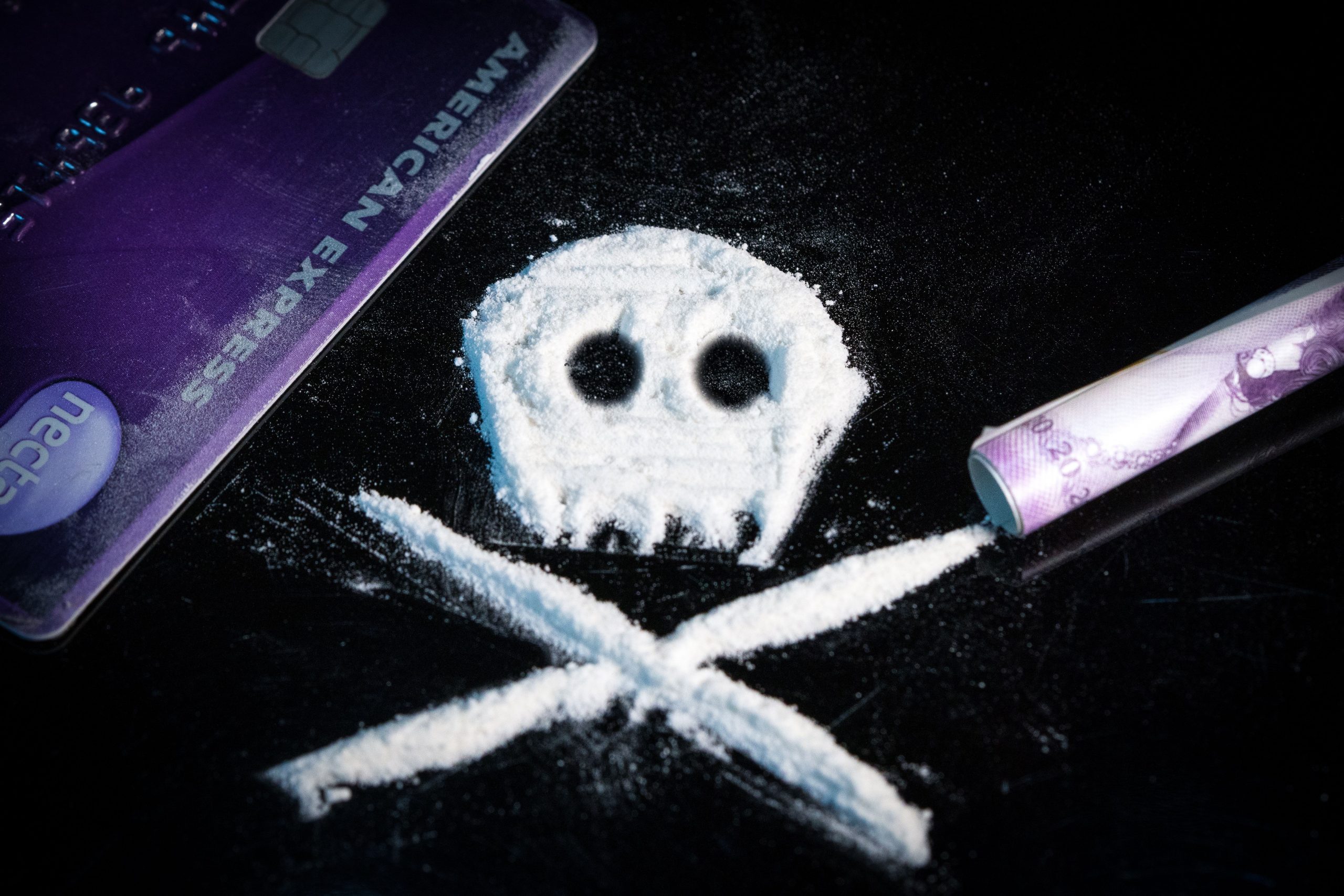The International Day against Drug Abuse and Illicit Trafficking (also known as World Drug Day) is observed on June 26 annually to raise awareness about and take action against drug abuse and the global illicit drug trade.
Supported by individuals, communities, and institutions, World Drug Day is marked by events in schools, universities, and workplaces aimed at spreading awareness and spurring action.
Also read | ‘Psychedelics and MDMA’: Musk’s solution to the US mental health crisis
History:
World Drug Day was instituted as an International Day by the United Nations (UN) General Assembly on June 26, 1987, to mark the occasion of the adoption of two important texts – the ‘Comprehensive Multidisciplinary Outline of Future Activities in Drug Abuse Control’, and the ‘Declaration of the International Conference on Drug Abuse and Illicit Trafficking’ – at the International Conference on Drug Abuse and Illicit Trafficking in Vienna.
The day, June 26, was also chosen to commemorate Lin Zexu’s dismantling of the heroin trade in Humen, Guangdong in China in 1893, before the start of the First Opium War.
Also read | Drug overdoses killed more than 100,000 in US in 2021, a 15% rise over 2020
Signficance:
The observance of International Day Against Drug Abuse and Illicit Trafficking is meant to instill a sense of responsibility in society about drugs, especially among teenagers and the youth.
Awareness is often spread through the organisation of various events on June 26, as well as through online campaigns spearheaded by the UN Office on Drugs and Crime (UNODC).
Also read | High times in the Himalayas: Nepal mulls revoking marijuana ban
Theme:
World Drug Day typically has a theme assigned each year to draw attention to a particular aspect of the illicit drug trade.
In 2022, the theme is ‘Addressing drug challenges in health and humanitarian crises’, a theme meant to draw attention to drug challenges arising out of major crises such as war, pandemics, forced migrations etc.
This year, people can also help the UNODC spread awareness online, using the hashtag #CareInCrises.







